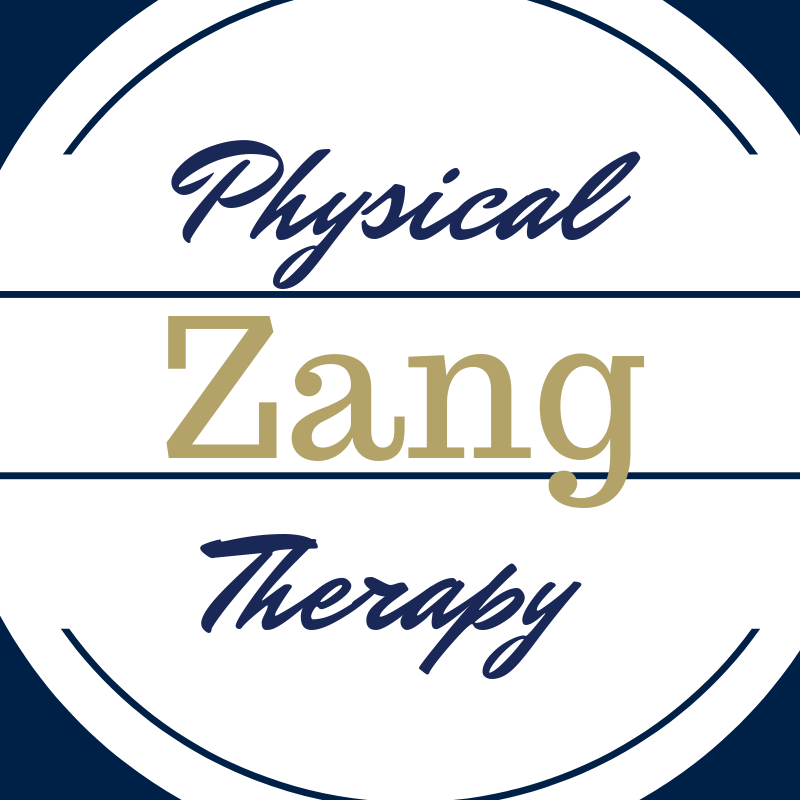What you may not have known is that surgery is not always necessary for a rotator cuff tear (RTC). The usual responses to this include: How can that be? If something is “torn” doesn’t it need to be fixed? And, but I know 5 people who had the same issue who had surgery. The answer to these questions is, it depends on several factors including: age, general health, how the arm moves, and what they want/need to do with the arm among others.
It is reported that up to 30% of people over the age of 60 develop tears in one of their rotator cuff muscles; many are unaware anything has happened. This is because over time normal wear and tear happens, resulting in non-traumatic fraying or tearing of a RTC muscle (the supraspinatus most often). For some individuals they are able to continue everything as normal without pain. For others however, shoulder pain may develop.
In many instances, that shoulder pain will take a person to a doctor, who orders imaging, which notes a small (or large) tear, which the orthopedic wants to operate on. But the question remains, is it possible to rehab and end up at the same place as surgery? And that answer is absolutely (not just my belief, it is backed by science).
A group headed by Kukkonen examined data on 167 patients who has been placed into a rehab or surgery group. They then followed these individuals and re-examined them 1 year later. The results…both groups achieved essentially the same outcome. Their conclusion…a RTC tear in the absence of trauma should at least try rehab before considering surgery. Another study by Moosmayer looking at a similar population of patients found basically the same results.
Why rehab first? Well- lets start with the data suggests almost no difference. If there is no difference, why undergo an expensive procedure that carries with it a risk for infection. Next, you will have a period of 4-6 weeks depending on doctor of the arm in a sling. Then, the person will still have to undergo 6-12 weeks of rehab and then continue further work on their own after discharge from rehab. Who really wants to have reduced use of their arm for 2-4 months with no guarantee it will be better than before?
So the question remains, how does one decide whether they are a good rehab candidate? To begin with…Can they can raise their arm overhead (relatively smoothly)? Are they able to do all or most daily activities? Are they in good overall health? Or is this person in poor physical health such that the risk of surgery is too great? If a person meets these criteria doing rehab 1st is probably a good option.
Again if data shows nearly equal results of surgery vs rehab at 1 year, why would surgery be considered the best option? In the end though, if rehab fails then surgery is always a fall back option. If you or someone you know is struggling with shoulder pain consider claiming some Free information on how to ease shoulder pain. Looking for more specific advice, then claim your complimentary Discovery Session today.
Kukkonen et al. Treatment of non-traumatic rotator cuff tears. A Randomized Controlled Trial with one-year Clinical Results. Bone Joint J 2014;96-B:75–81.
Moosmayer et al. Tendon Repair Compared with Physiotherapy in the Treatment of Rotator Cuff Tears. A Randomized Controlled Study in 103 Cases with a Five-Year Follow-up. J Bone Joint Surg Am. 2014;96:1504-14.
